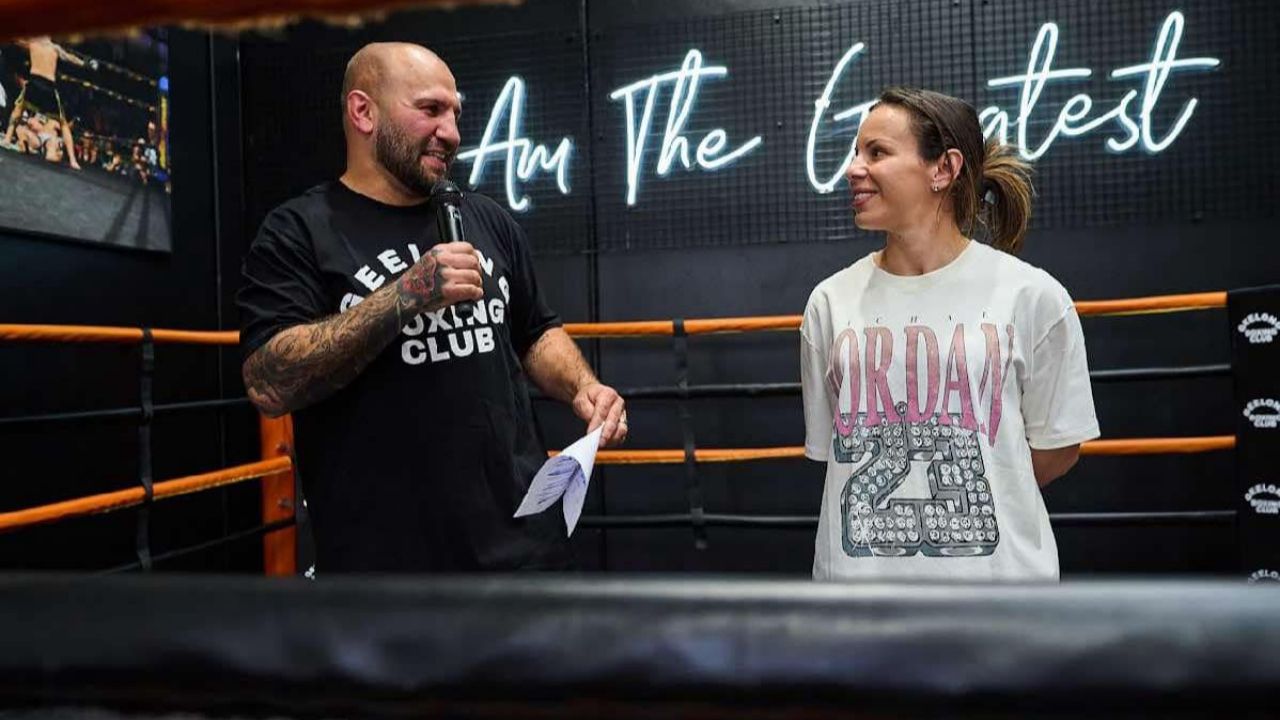Discover the Benefits of Boxing for Kids at Geelong Boxing Club!
Jun 18, 2024
At Geelong Boxing Club, we truly believe that getting kids involved in activities like boxing can do wonders for their overall well-being, especially their mental health. Studies have shown that engaging in extracurricular activities, such as boxing, can enhance mental well-being by fostering a sense of belonging among peers (Oberle et al., 2019). Plus, physical activity programs tailored for adolescents not only boost physical health but also support mental well-being by promoting autonomy and reducing sedentary behavior (Lubans et al., 2016).
We know that children’s mental health has been a big concern, especially during tough times like the COVID-19 pandemic. Research has highlighted the importance of physical movement and participation in activities like boxing for kids’ well-being during lockdowns, showing how physical activities can help ease negative emotions (Mondragón et al., 2020). Additionally, breaks from regular school routines, such as weekends and holidays, can impact various aspects of kids' health and well-being, making structured activities like boxing even more vital (Eglitis, 2024).
Our Kids Boxing Program at Geelong Boxing Club offers a supportive environment where children can explore their capabilities, build confidence, and develop self-regulation skills. Through participation in boxing and other physical activities, kids can enhance both their physical health and mental well-being, promoting a holistic approach to their overall wellness.
We can't wait to see your child thrive with us!
Find out more about our sessions for 5-8 year olds and 9-12 year olds on Tuesday & Thursday afternoons
https://www.geelongboxingclub.com.au/kidsmembership
References:
Eglitis, E. (2024). Children’s health, wellbeing and academic outcomes over the summer holidays: a scoping review. Children, 11(3), 287. https://doi.org/10.3390/children11030287
Hinkley, T., Carson, V., Kalomakaefu, K., & Brown, H. (2017). What mums think matters: a mediating model of maternal perceptions of the impact of screen time on preschoolers' actual screen time. Preventive Medicine Reports, 6, 339-345. https://doi.org/10.1016/j.pmedr.2017.04.015
Lubans, D., Smith, J., Morgan, P., Beauchamp, M., Miller, A., Lonsdale, C., … & Dally, K. (2016). Mediators of psychological well-being in adolescent boys. Journal of Adolescent Health, 58(2), 230-236. https://doi.org/10.1016/j.jadohealth.2015.10.010
Michals, S. (2023). Parental mental health impacts a child’s well-being: parent-focused interventions can help. Journal of Student Research, 12(3). https://doi.org/10.47611/jsrhs.v12i3.4608
Mondragón, N., Sancho, N., Santamaría, M., & Munitis, A. (2020). Struggling to breathe: a qualitative study of children’s wellbeing during lockdown in spain. Psychology and Health, 36(2), 179-194. https://doi.org/10.1080/08870446.2020.1804570
Oberle, E., Ji, X., Guhn, M., Schonert‐Reichl, K., & Gadermann, A. (2019). Benefits of extracurricular participation in early adolescence: associations with peer belonging and mental health. Journal of Youth and Adolescence, 48(11), 2255-2270. https://doi.org/10.1007/s10964-019-01110-2


